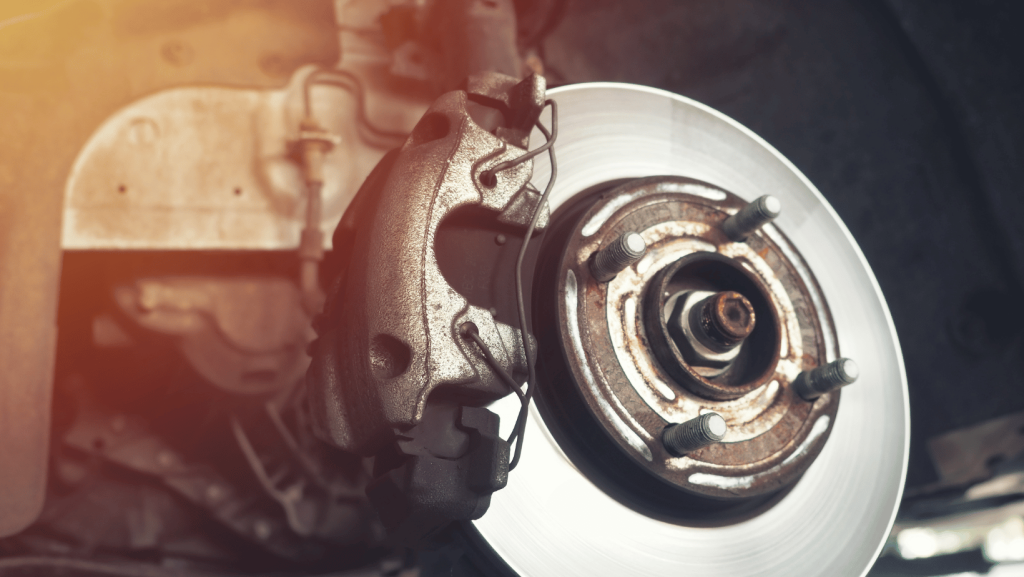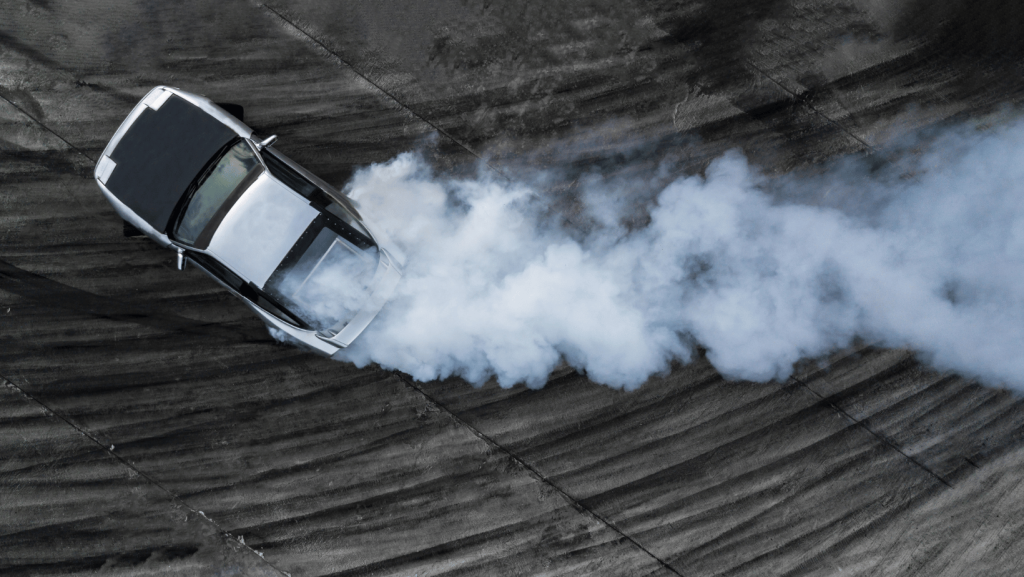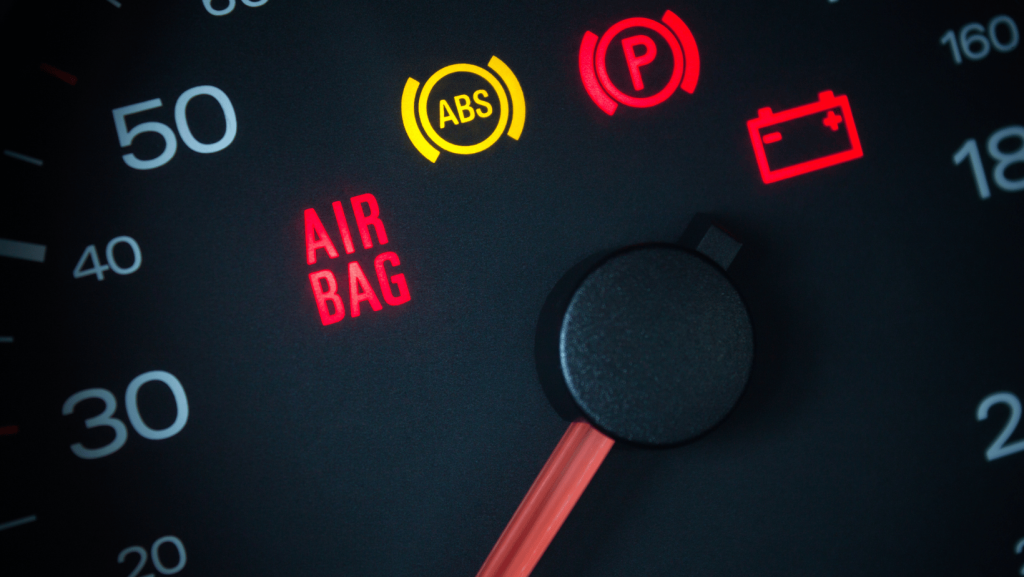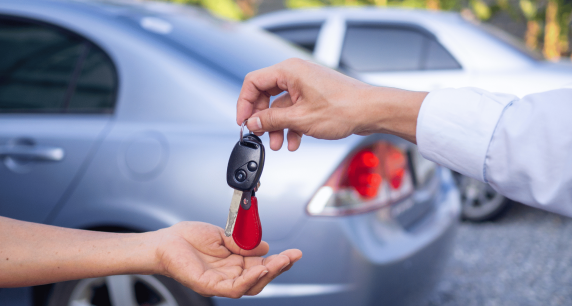How Often Do Brakes Need To Be Serviced?

Maintaining your vehicle’s braking system is crucial for your safety and the longevity of your car. Proper brake maintenance ensures that you can stop effectively, avoiding accidents and costly repairs. But how often should you service your brakes?

1.Understanding Your Braking System
Before diving into the specifics of brake service intervals, it’s important to understand the basics of your braking system. Most modern vehicles use disc brakes, which consist of brake pads, rotors, and calipers. Some vehicles also have drum brakes, especially on the rear wheels. The wear and tear on these components can differ based on your driving habits, the environment, and the type of vehicle.
2. Manufacturer’s Recommendations
The best starting point is your vehicle’s owner’s manual. Manufacturers provide specific guidelines for maintenance intervals based on extensive testing. Typically, they recommend inspecting your brakes at least once a year or every 12,000 km, whichever comes first. However, some high-performance or heavy-duty vehicles may require more frequent inspections.

3. Driving Habits and Conditions
Your driving habits significantly impact how often your brakes need servicing. Consider the following factors:
- City Driving: Frequent stopping and starting can wear out brake pads faster.
- Highway Driving: Brakes tend to last longer due to less frequent use.
- Mountainous or Hilly Areas: Constant braking while descending can increase wear.
- Towing: Carrying heavy loads can put additional strain on your braking system.
If you find yourself in any of these situations regularly, you may need to service your brakes more frequently than the standard recommendations.
4. Warning Signs
Pay attention to your vehicle. It often provides early warning signs that your brakes need servicing:
- Squeaking or Squealing Noises: These sounds often indicate worn brake pads.
- Grinding Noise: This usually means the brake pads are worn down to the metal and need immediate replacement.
- Vibration or Pulsation: If your brake pedal or steering wheel vibrates when braking, it could be a sign of warped rotors.
- Longer Stopping Distances: If your car takes longer to stop, it’s a clear indicator that your brakes need attention.
- Dashboard Warning Light: Modern vehicles have sensors that trigger a warning light when brake service is needed.

5. Routine Inspections
Regular brake inspections by a qualified mechanic can catch issues early and extend the life of your braking system. During an inspection, mechanics will:
- Check the thickness of brake pads and shoes.
- Inspect rotors and drums for wear or damage.
- Examine brake lines for leaks or cracks.
- Assess the brake fluid level and quality.
6. Brake Fluid Maintenance
Brake fluid is another critical component that needs regular maintenance. Most manufacturers recommend changing the brake fluid every 20,000 to 40,000 km or every two years. Brake fluid can absorb moisture over time, which reduces its effectiveness and can lead to brake failure.

7. Cost Considerations
Regular brake service can save you money in the long run by preventing more severe damage and costly repairs. For example, replacing brake pads is much cheaper than replacing rotors and calipers that have been damaged due to neglected maintenance.
There is also another way for saving cost on vehicle maintenance. With GMR Extended Warranty we can help by, not only saving you with high cost maintenance form unexpected repair, but also help you to manage your own budget for vehicle maintenance.
Regular inspections and being attentive to warning signs can prevent major issues and ensure your brakes perform when you need them most. Prioritize brake maintenance as a vital part of your vehicle’s upkeep to keep you and your passengers safe on the road.



